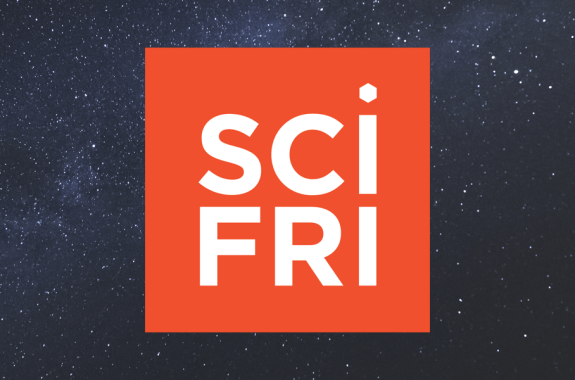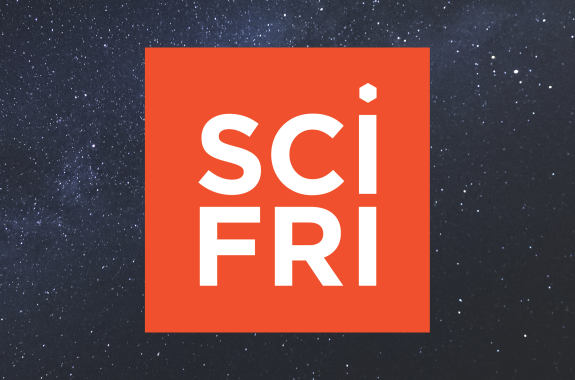March 7, 2025
A new book explores how prehistoric plants and dinosaurs co-evolved, and puts the spotlight on often overlooked flora. Plus, a team of researchers used drones to learn new things about narwhal behavior. And, a total lunar eclipse will be visible across most of North and South America in the early morning hours of March 14.
February 28, 2025
A federal DEI ban is already prompting changes across science agencies. How will it affect medical research? A journalist traveled to five continents to learn about the afterlife of our trash, and why most “recyclable” plastic actually isn’t. And, the ocean liner SS United States will become an artificial reef in Florida. How do artificial reefs work?
February 21, 2025
The CEO of one of America’s oldest scientific societies discusses the recent cuts to scientific institutions, and how scientists can respond. Plus, flu infections are the highest they’ve been in nearly 30 years, and flu deaths this winter have surpassed COVID deaths. And, a video of a gloriously creepy anglerfish inspired tears and poetry online.
February 14, 2025
A new book explores how one biologist’s work at the North and South Poles changed the way he sees the world and our place in it. Plus, the FDA approved a new, non-opioid painkiller. How does it work, and who is it for? And, Kinda baboons form long-term friendships between the sexes.
February 7, 2025
Some research shows that e-cigarettes can be a useful tool for quitting cigarettes, but that strategy is hotly contested by scientists. Plus, an investigative journalist outlines how fraud and misconduct have stalled the search for effective Alzheimer’s treatments in a new book. And, why snow has that crisp, clean smell.
January 31, 2025
When a fire burns in an urban area, it unleashes a slurry of chemicals. Scientists are trying to untangle the chemistry at play. Plus, early analysis of asteroid samples from NASA’s OSIRIS-REx mission shows the residue of an icy brine and a soup of amino acids. And, on the heels of some big quantum computing advances last year, what’s next in 2025?
January 24, 2025
The author of “How To Winter” explains what we can learn from people thriving in the coldest, darkest parts of the world. Plus, research on long COVID patients who took an extended course of Paxlovid shows mixed results. And, AI models are able to design molecules that don’t even exist in nature. Some have proven effective as snake antivenom.
January 17, 2025
The novel “Orbital” explores the inner lives of astronauts during a single day aboard the International Space Station. Plus, new data on cervical cancer deaths point to the success of the HPV vaccine. And, astronomer Dean Regas gives us the lowdown on what to look for in the sky this winter, from a “planet parade” to the ATLAS comet.
January 10, 2025
Science Friday now has two hosts: Meet Flora Lichtman! Plus, in his final advisory, Surgeon General Dr. Vivek Murthy spotlights how alcohol increases the risk of developing certain cancers. And, scientists investigated how the shape of the human body makes hula hooping possible.
January 3, 2025
A “mirror organism” would have proteins and DNA shaped like the mirror image of how they naturally appear. Scientists are calling for a halt to mirror life research. Plus, this winter marks 125 years of Audubon’s Christmas Bird Count, the world’s longest-running community science project. And, we discuss the breakthrough technologies to watch in 2025.

